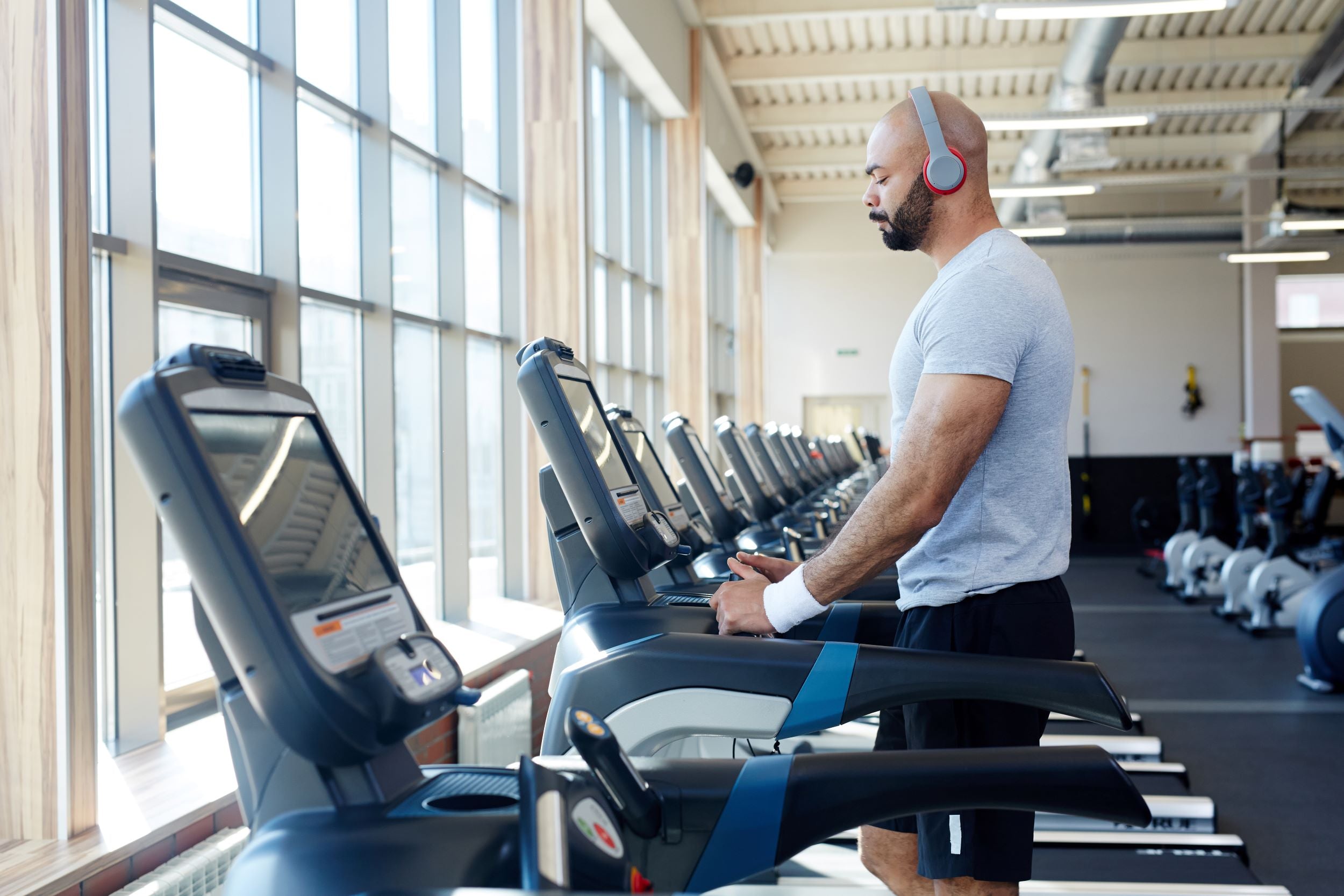Benefits of Doing Cardio
Cardio isn't just about losing weight; it's a vital part of maintaining overall health. While searching the web for the best cardio machines, also acquire some knowledge on some of the top benefits of cardio that should get you greatly motivated:- Heart Health: As the name says, cardiovascular exercise is good for the heart. Regular cardio makes the heart muscle stronger, boosts circulation, and lowers the risk of heart illnesses like heart attack, high blood pressure, and coronary artery disease.
- Mental Health Boost: Have you ever heard of a "runner's high"? That's your body producing endorphins, which are chemicals that make you feel good. Doing cardio can help lower your stress, anxiety, and sadness, which can improve your mood and sense of well-being as a whole.
- Increased Metabolism: Regular cardio can also speed up your metabolism, which means your body burns calories more efficiently even when you're not doing anything. Getting your metabolism going faster can help you lose and maintain weight.
- Improved Respiratory and Circulatory Systems: Cardio activities help your body to use oxygen more effectively, therefore increasing lung capacity and so helping your circulatory system.
- Better Sleep: Are you having trouble sleeping? Doing cardio can be the natural cure you need. Regular exercise can help you fall asleep faster and sleep better, but it's best to avoid doing intense workouts right before bed because they might make you sleep worse.
Should You Do Cardio Every Day?
While the benefits of cardio are clear, the frequency of these workouts is up for debate. Here’s what you need to consider before planning your routine:- Fitness Goals: Your fitness goals are rather important in deciding how often you should do cardio. If you are preparing for a marathon, you will require more frequent cardio exercises than someone working for overall health.
- Body Response and Recovery: Listening to your body is absolutely vital for recovery and reaction. Especially high-intensity sessions of cardio need for recovery time. Overdoing it can cause soreness, tiredness, and possibly damage. Rest days really are vital.
- Variety in Exercise: Any exercise program depends mostly on balance. Strength training, flexibility exercises, and rest days taken together will provide a well-rounded program that maintains your body challenged and reduces burnout and injury risk.
- Health Conditions: Individual health factors also have to guide cardio frequency. See a healthcare professional to create a safe and efficient exercise schedule if you have current medical concerns, particularly heart diseases or joint problems.




